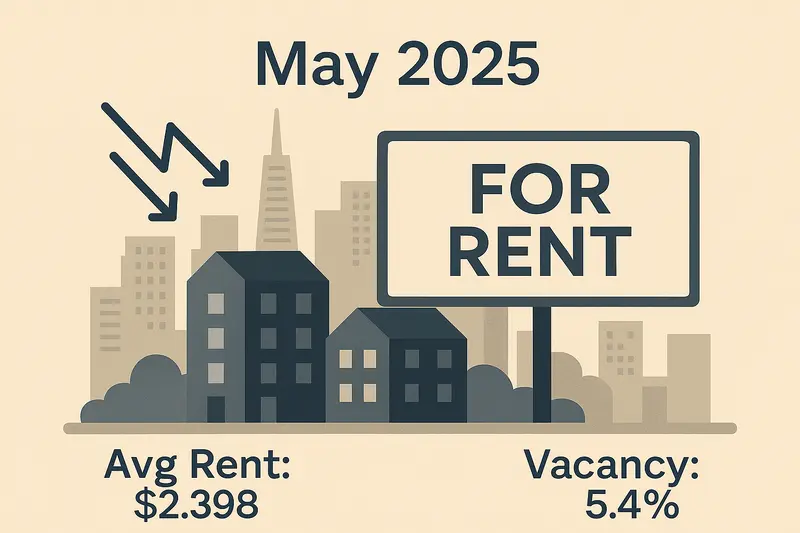Security Deposits in U.S. Rentals: Key Facts for Tenants
Question
Answer
Security deposits serve as a financial guarantee for landlords when renting residential property. Tenants typically pay this refundable deposit at lease signing, and it stays with the landlord throughout the tenancy. Understanding what a security deposit covers, how much you may be asked to pay, and when you can expect its return helps both parties avoid disputes down the road.
In most states, security deposits equal one to two months’ rent, although some jurisdictions cap the amount by law. For example, California limits deposits to two months’ rent for unfurnished units and three months for furnished ones. Landlords hold this sum in a separate account, often earning interest that—depending on state rules—must be credited to tenants.
Landlords may use the security deposit to cover:
- Unpaid rent when tenants fall behind on payments
- Property damage beyond normal wear and tear
- Cleaning or restoration costs if the unit isn’t returned in its original condition
Normal wear and tear—minor scuffs on walls, fading carpet, or minor scratches—cannot be deducted from your deposit. However, significant damage (holes in drywall, broken fixtures, pet stains) may justify partial or full withholding of funds. Always document the property’s condition with photos or a move-in checklist to support your claim.
After lease termination, state laws typically require landlords to return deposits (minus any deductions) within a set period—often 14 to 60 days. At that time, tenants should receive an itemized list of deductions and receipts for repairs. If you dispute charges, many states offer small-claims court options to resolve disagreements without an attorney.
Before signing your lease, ask the landlord about:
- Exact deposit amount and due date
- Account type where funds will be held
- Move-out procedures and cleaning requirements
Remember, specific requirements vary by state and city. It’s advisable to review local landlord–tenant laws or consult HUD guidelines and, if needed, consult a licensed attorney or real estate professional to clarify your rights and responsibilities regarding security deposits.


